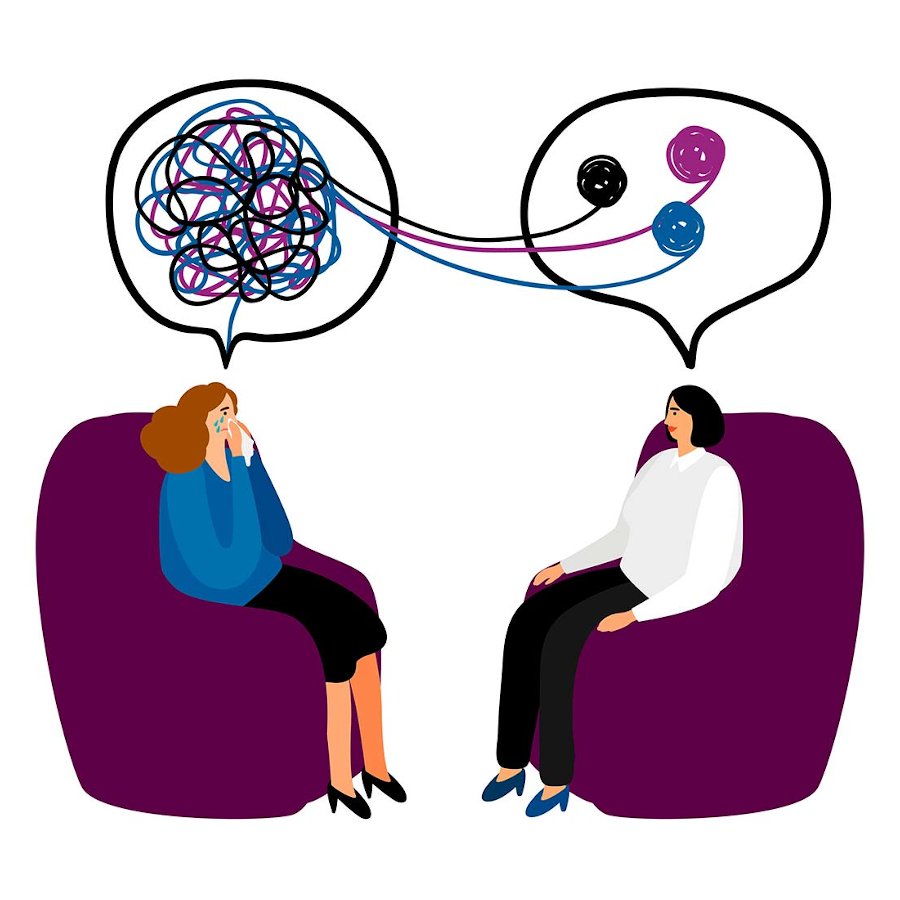Substance Abuse Prevention
Substance abuse prevention refers to the prevention and also the reduction of harm caused by substance use. In universities, substance abuse prevention is a central part of work related to well-being and guidance. Each member of the college community has their role in prevention; whether you are a campus counselor, a tutor, a staff member, a professor, or a student, you can help prevent harm to your community.
Intervening in substance abuse can be difficult because it's often seen as a private matter, but steps to prevention can be made into individual and community efforts. Here are some steps for bringing up substance addiction (note that it doesn’t need to come from one specific person).
Start early
Substance abuse issues are not always visible to the outside community, and often there is no individual sign of it. Trust your instincts, because the earlier the intervention, the better the chance of having an impact. Even if you are wrong, consider for a moment the worst it could cause.
Also, it can be helpful to have resources in advance for where to get help/treatment for the person you’re worried about.
Check out these optionsIntervene from your community role and leave private life out
You do not have to be a therapist to be able to help a person with addiction; the most important thing is that you really listen. If you sense it can be difficult because the person may feel attacked or can react in a bad way, you can look for common ground and talk from there. For example, you can talk about the importance of creating/maintaining a safe and healthy community or the fact that we must take care of each other in order to thrive.
Don’t blame, but do listen and focus on the future
Keep in mind at all times that the objective is for the student to get help, so don’t blame them and don’t focus on harm that has already happened. Instead, you can talk about your own concern and your desire to see the person get better and healthy. Active listening is important so avoid making interpretations (interruptions?) and always go back to make sure there is a shared understanding by using phrases such as “Did I understand correctly…” and “What I hear you saying is…”How to proceed after the intervention conversation?

Don’t feel discouraged if the person doesn’t seem enthusiastic or even if they become reactive and dismiss your intervention. It may be of help later and they may take your advice into account. Remember that you have no control over someone else’s actions; all you can do is share your concern. How they decide to then take action is up to them. Be sure they know what places or hotlines they can get use to get help anytime.
Also, assess your own actions: analyze what went well and what did not, consider the matter for a moment, and you will be better prepared for the next time you or someone else needs to do it.- Respect boundaries and personal space
- Do not make assumptions
- Support and enable the other person’s participation